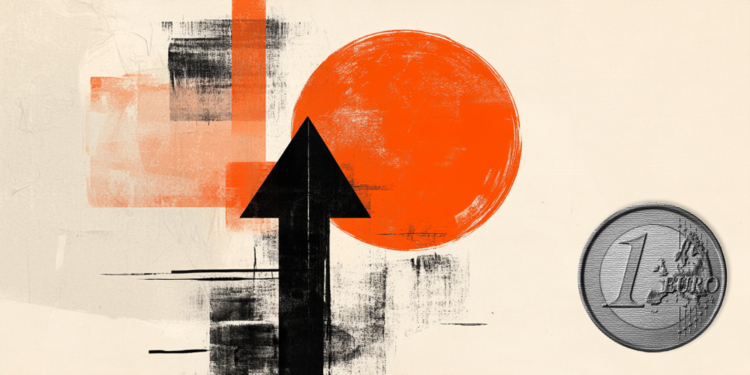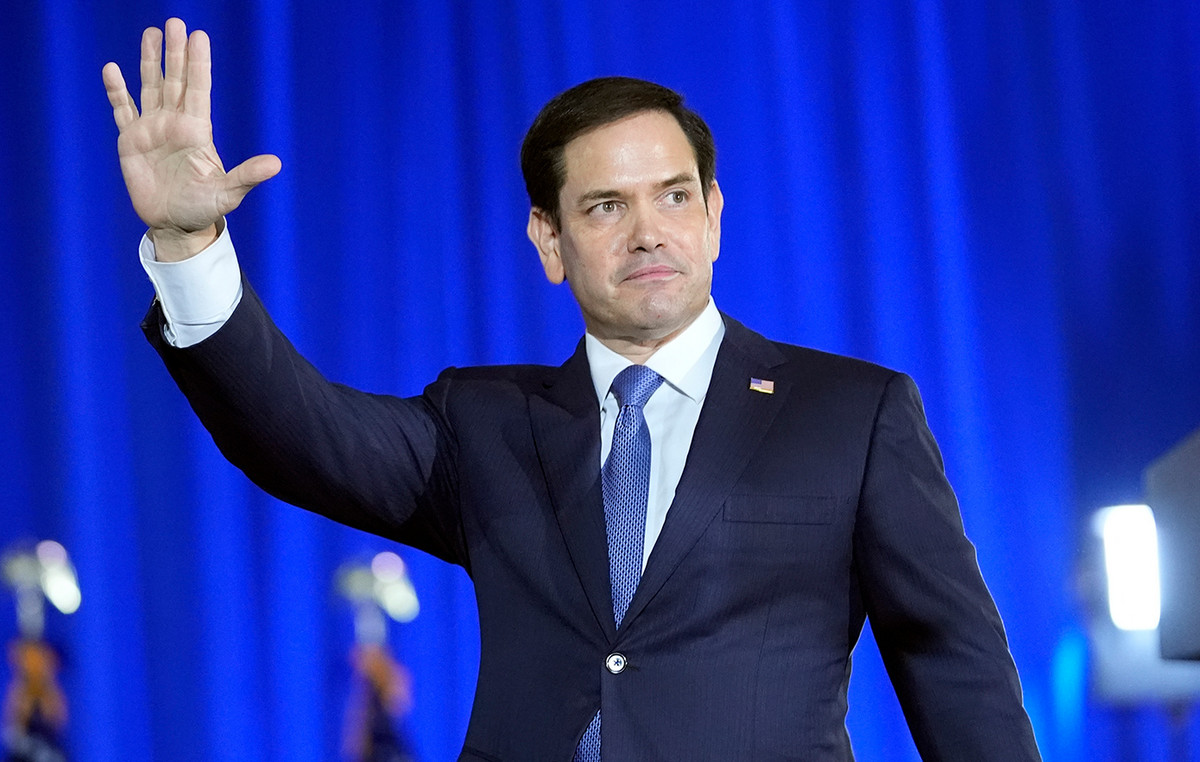Retail trade only passed on to consumers only half of the cost increases accumulated in the last 12 months.
Russia’s invasion of Ukraine is likely to increase this inflationary pressure on the sector, making it reach retail, especially through more expensive fuel and food.
The assessment is by economist Fabio Bentes, from the National Confederation of Trade in Goods, Services and Tourism (CNC).
The sales volume of Brazilian retail trade increased 0.8% in January compared to December, according to the Monthly Trade Survey (PMC), released by the Brazilian Institute of Geography and Statistics (IBGE).
Bentes points out that, on average, the prices of products sold by the sector — obtained through the PMC deflator — were readjusted by 12.7% in the 12 months ended in January this year.
On the other hand, wholesale prices, evaluated through the Producer Price Index (IPP, factory-gate inflation, also from the IBGE), advanced 25.4% in the same period, which reveals a pass-through of 50% of increases in the costs of industrial goods to the final prices charged to consumers, points out the CNC economist in a report.
“In this sense, all retail segments have faced cost pressures, resorting to pass-through rates that range from 19% in the case of bookstores and stationery stores to 97%, as in the automotive trade”, writes the economist.
According to Bentes, the war in Eastern Europe should keep inflationary pressures persistent in the coming months, especially in the fuel retail and supermarket segments.
He mentions the rise in oil prices since the beginning of the conflict, at the end of February, to almost US$ 140 a barrel, the highest price in 14 years.
The supermarket sector, on the other hand, may be impacted by medium-term pressures arising from readjustments in agricultural commodities and an eventual shortage of fertilizers, since Russia is a supplier to the Brazilian agricultural sector.
Fuel retail and the supermarket sector account for almost half (48.5%) of annual retail sales, says Bentes.
The expectation of more pressured inflation also increases the possibility of a sharper rise in the basic interest rate, the Selic, which would impact activities more dependent on credit, he recalls.
After the release of the January PMC, CNC cut its growth forecast for retail in 2022, which went from an expected rise of 0.9% to a rise of 0.5%.
Source: CNN Brasil
I am Sophia william, author of World Stock Market. I have a degree in journalism from the University of Missouri and I have worked as a reporter for several news websites. I have a passion for writing and informing people about the latest news and events happening in the world. I strive to be accurate and unbiased in my reporting, and I hope to provide readers with valuable information that they can use to make informed decisions.







